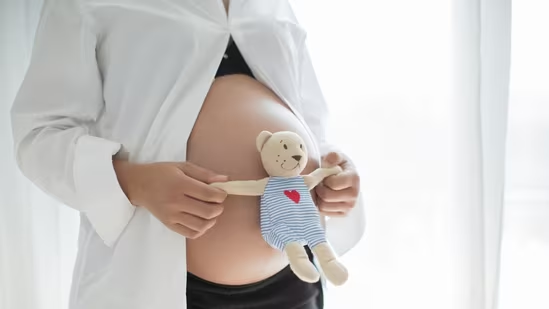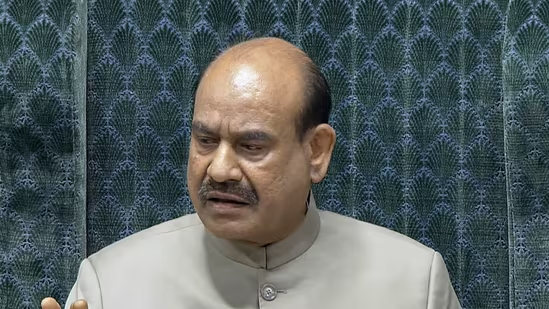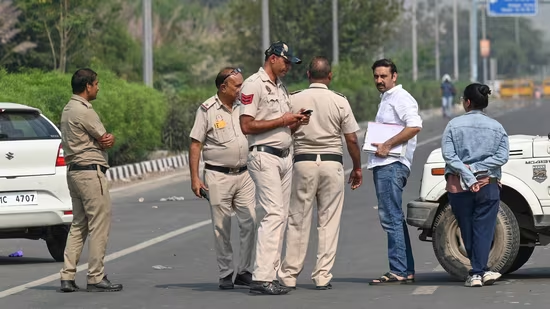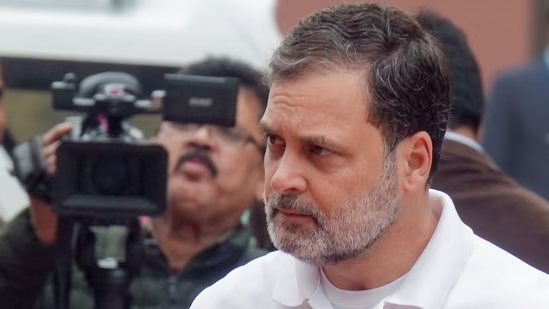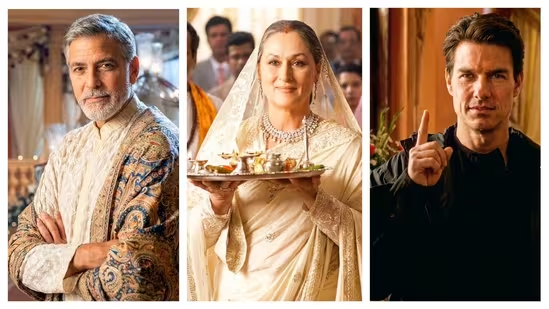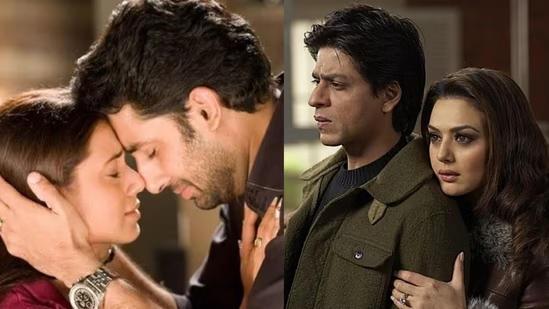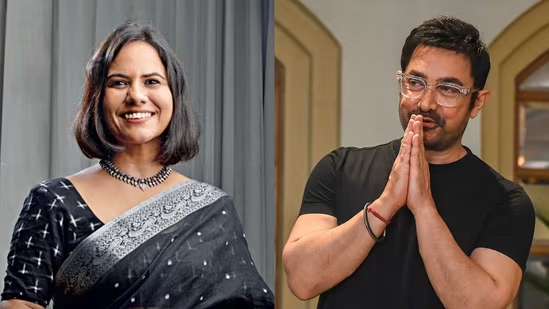Are you planning to have a baby in your 30s or later? Many couples nowadays choose to put a pause on their baby plans to focus on their careers, travel plans, and more. In such instances, egg freezing comes as an empowering solution for many women to secure their chances of getting pregnant in future without jeopardising their plans for the present.
However, before going on your egg freezing journey, it is important to approach it with the right information and educate yourself about it.
HT Lifestyle reached out to Dr Sunitha Mahesh, gynaecologist and obstetrician, IVF specialist, medical director and senior consultant – infertility and maternal fetal medicine, Milann Fertility Hospital, Bengaluru, to explain what egg freezing is, the process, the best age to do it, whether it is advisable for women in their 30s or 40s, and what women should keep in mind before freezing their eggs.
What exactly is egg freezing? Know the process
According to Dr Mahesh, egg freezing, or oocyte cryopreservation, is a fertility preservation technique where unfertilised human eggs are collected, frozen and stored for future use. It helps women delay childbearing or preserve fertility before medical treatments like chemotherapy or radiotherapy.

The process:
- Inject hormonal medications to stimulate the ovaries for multi-follicular development, a process called ovarian stimulation.
- The growth of the follicles is then monitored through serial USGs and blood tests.
- When the follicles reach a desired mature size, a final maturation trigger is given.
- The oocytes are then collected by USG guidance by a procedure called “ovum pick-up” or oocyte retrieval under IV sedation.
- The retrieved oocytes are then treated with cryoprotectant and frozen by a process called vitrification. The frozen eggs are stored in liquid nitrogen.
- Whenever the woman chooses to become pregnant, the frozen eggs are thawed, fertilised in the laboratory and then transferred to the woman’s uterus (after endometrial preparation).
What is the best age to freeze eggs for maximum success?
Dr Mahesh highlights that although egg freezing has good results before the age of 35 years, women of any reproductive age can opt for oocyte freezing.
She explains, “At times, in case of cancer treatment, oocyte or ovarian tissue cryopreservation is sought for even in early age groups. Additionally, after 35 years, the risk of chromosomal aneuploidy increases and there is a decline in egg quality.”
Up to what age is egg freezing medically recommended? Is egg freezing advisable for women in their 30s vs 40s?
Dr Mahesh answers, “Egg freezing can technically be done up to the early 40s, but the results start dropping after 35 and sharply drop after a woman crosses 38 because egg quality declines.”
“In the 30s, freezing is effective, but the earlier, the better. In the 40s, the chances are quite low, and doctors often suggest considering other options, like donor eggs, if ovarian reserve is very low,” she adds.

What medical tests or screenings should a woman undergo before freezing her eggs?
According to Dr Mahesh, when you begin your egg freezing journey, doctors usually check for:
- Ovarian reserve tests (AMH blood test, antral follicle count on ultrasound) to see how many eggs remain.
- Hormone levels (FSH, LH, estradiol, thyroid tests).
- Infectious disease screening (HIV, Hepatitis B/C, VDRL, etc, as per lab storage rules).
- General health evaluation (blood sugar, BMI, medical history).
Additionally, when asked if there are any specific health conditions that make egg freezing more or less effective, Dr Mahesh explained, “Women with conditions like severe low ovarian reserve, advanced age, or uncontrolled chronic diseases may not benefit as much from egg freezing.”
Are there any long-term side effects or risks of egg freezing?
According to Dr Mahesh, there is no strong evidence relating to long-term risks of freezing one’s eggs. However, she points out that there are certain short-term risks, which include
- mild bloating
- mood swings
- or discomfort from hormone injections.
She adds, “Rarely, ovarian hyperstimulation syndrome (OHSS), a life-threatening condition, can arise due to an increase in hormone levels, which can cause fluid collection in various areas of the body.”
Should women make specific lifestyle or dietary changes before starting the procedure?
Answering with a resounding yes, Dr Mahesh highlighted that in today’s lifestyle, where most women are working, it becomes very important to have a check on their lifestyle and dietary changes before freezing their eggs.
She suggests:
- Women should quit smoking and alcohol, as it can lower the count and quality of eggs.
- It is important to follow discipline in sleep and eating routines.
- Women should prefer a balanced diet rich in fruits, vegetables, lean protein, and whole grains.
- Lastly, the more you have proper sleep, the better your mental health will be.
- Maintaining a healthy weight is equally important, as weight can indirectly affect hormone balances. Hence, prefer light to moderate exercise during stimulation.
